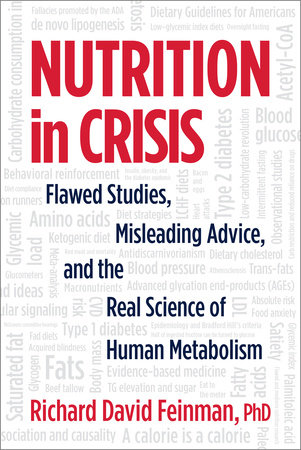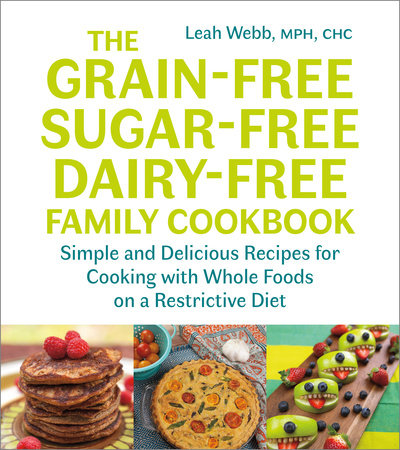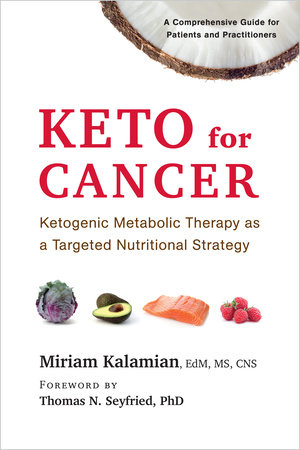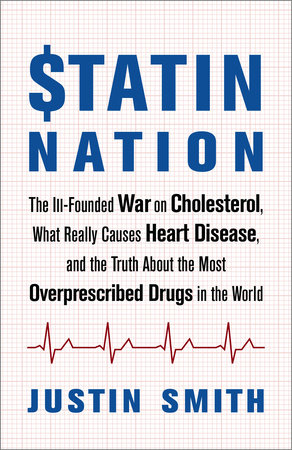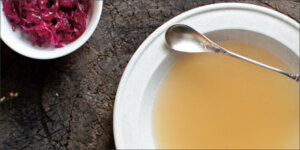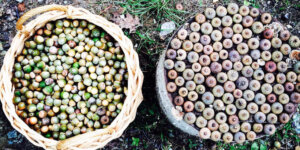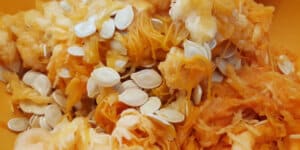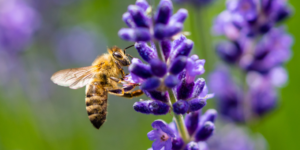Flawed Studies, Misleading Advice, and the Real Science of Human Metabolism
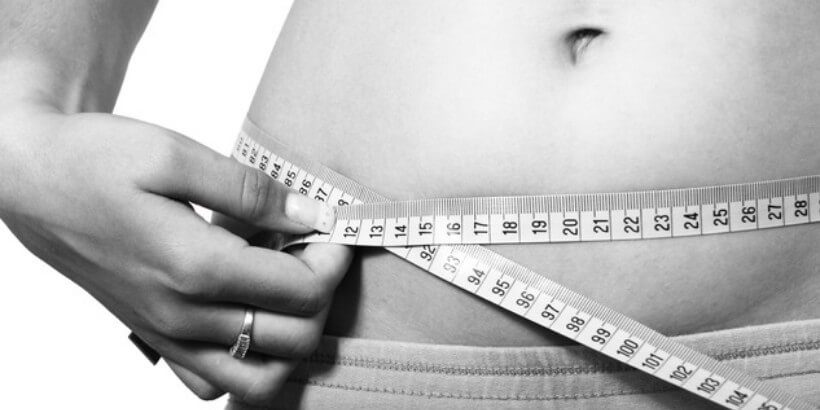
Richard David Feinman, PhD, is a professor of cell biology at the State University of New York Downstate Medical Center in Brooklyn, where he has been a pioneer in incorporating nutrition into the biochemistry curriculum. Dr. Feinman is the founder and former coeditor-in-chief (2004–2009) of the journal Nutrition & Metabolism. He’s currently researching the application of ketogenic diets to cancer.
The following is an excerpt from Nutrition in Crisis by Richard Davis Feinman. It has been adapted for the web.
What should I eat? This question invariably comes up during my lectures to medical students, during presentations at conferences, and even in private conversations about scientific experiments. Depending on my audience, I will go into different levels of technical detail, but the bottom line is always the same: The best diet is the one that works. Any expert can tell you how their diet theoretically conforms to widely accepted science, and how it is “healthy,” “moderate,” and a “bargain”—but if it doesn’t work in practice, if you don’t lose weight, if your blood sugar doesn’t go down, then it’s no good at all.
There is little evidence that the diets recommended by government and private health agencies have provided much help for the current epidemic of obesity and diabetes, but they keep pushing them anyway. Defenders usually tell you that it is because people are not really following the guidelines. What they don’t say is how they know the recommendations are good if nobody follows them.
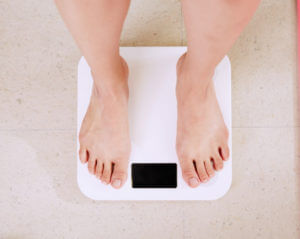 So here I’ll give you three basic rules of nutrition that I propose as a guide, and I’ll show you a few principles that will help you follow them.
So here I’ll give you three basic rules of nutrition that I propose as a guide, and I’ll show you a few principles that will help you follow them.
Rule 1. If you’re OK, you’re OK.
Rule 2. If you want to lose weight, don’t eat. If you have to eat, don’t eat carbs.
Rule 3. If you have diabetes or metabolic syndrome, carbohydrate restriction is the “default” approach—that is, the one to try first.
The story of nutrition has proved to be an almost unbelievable tale of poor and irresponsible science within the medical community, one of the most respected parts of our society. However hard it is for scientists to distrust experts, it is even harder for the general population. I was astounded when I saw a question on an online diabetes site that said, “My morning oatmeal spikes my blood glucose. How much carbohydrate should I have?”
People with diabetes cannot adequately metabolize dietary carbohydrate (starch and sugar) so it seemed like an easy question. The answer from the experts, however, was waffling and tedious, and it didn’t include the obvious advice: “Limit your oatmeal consumption to a level that doesn’t spike your blood glucose.”
Recommended Reads
Tea for Diabetes and Obesity: Herbal Formulas for Metabolic Conditions
Recent Articles
You’ve Been Missing Out! Bone Broth is the ultimate superfood, packed with nutrients and goodness. Consider adding this nutrient-rich, immune system boosting bone broth into your daily diet.
Read MoreThese small fruits are a delicious source of nutrients that you can find almost anywhere. Get started on acorn harvesting with help from these simple tips!
Read MoreWondering what to do with pumpkin seeds? Instead of roasting them, try these alternative ways to prepare & use seeds! Plus a must-try pumpkin granola recipe.
Read MoreTired of trying different traditional medicines to relieve inflammation and joint pain? We have the perfect solution: honey bee venom.
Read MoreBefore yanking out the next patch of lambsquarter you find in your yard or garden, consider trying one of the many edible and medicinal uses of this “super weed.”
Read More

